Definition of stress
In a Medical or biological context stress is a physical,mental or emotional factor that cause bodily or mental tension. Stresses can be external [from the environment, psychological, or social situations ]or Internal [illness or from a medical procedure ].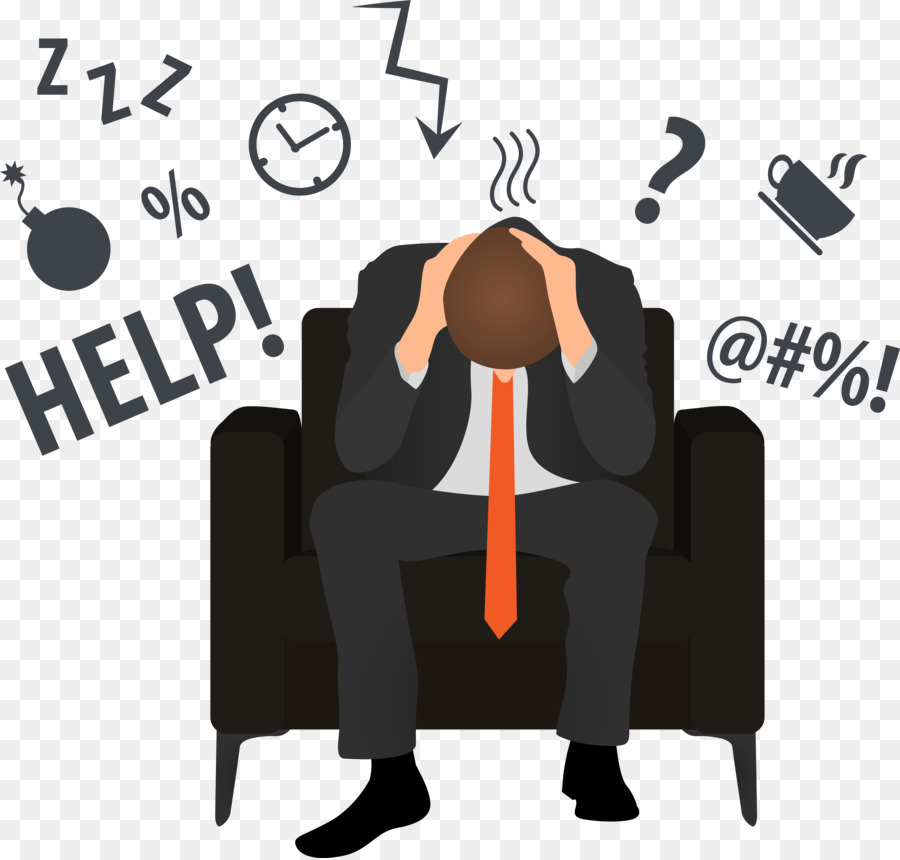 why so stress.
why so stress.
That's because the stress response is your body way of dealing with tough or demanding situations .it causes hormonal, respiratory, cardiovascular, and nervous system changes.
EXAMPLE:
STRESS can make your heart beat faster, make you breathe rapidly, sweat, and tense up.
Types of stress
STRESS is the body's natural defenses against real or imagined danger. It flushes the body with hormones to prepare systems to evade or confront danger. This is known as " FLIGHT -FIGHT-OR FREZZE " Response.
According to American psychological Association (APA),there are 3 types of stress,
1) Acute stress
2) Eustress
3) Distress
All 3 types of stress each have their own characteristics, symptoms, duration, and treatment approaches.
(1) ACUTE STRESS: Is usually brief.
Difficulty sleeping, nightmares, repeated reenactment of the traumatic event through play,, problems with concentration, detachment bad irritability are all possible signs that a child is affected by ASD.
(2) EUSTRESS Is defined as a positive type of stress and enhancs our functioning. It is a healthy form of stress that gives us positive feeling and makes us feel good about ourselves. An example of Eustress, would be a challenging work assignment that is perceived to be neither too difficult not too easy.
(3) DISTRESS , on the other hand, is when stress, trauma, anxiety and worry are not productive and instead of inspiring healthful action, cause the person to shutdown. Stress that paralyzes a person in fear, interferes with their ability to think clearly, work, interact with other or fulfil their obligations in daily life is not helpful stress . When the results is less action, the stress is directly or indirectly negative and therefore a problem.
SIGNS OF STRESS
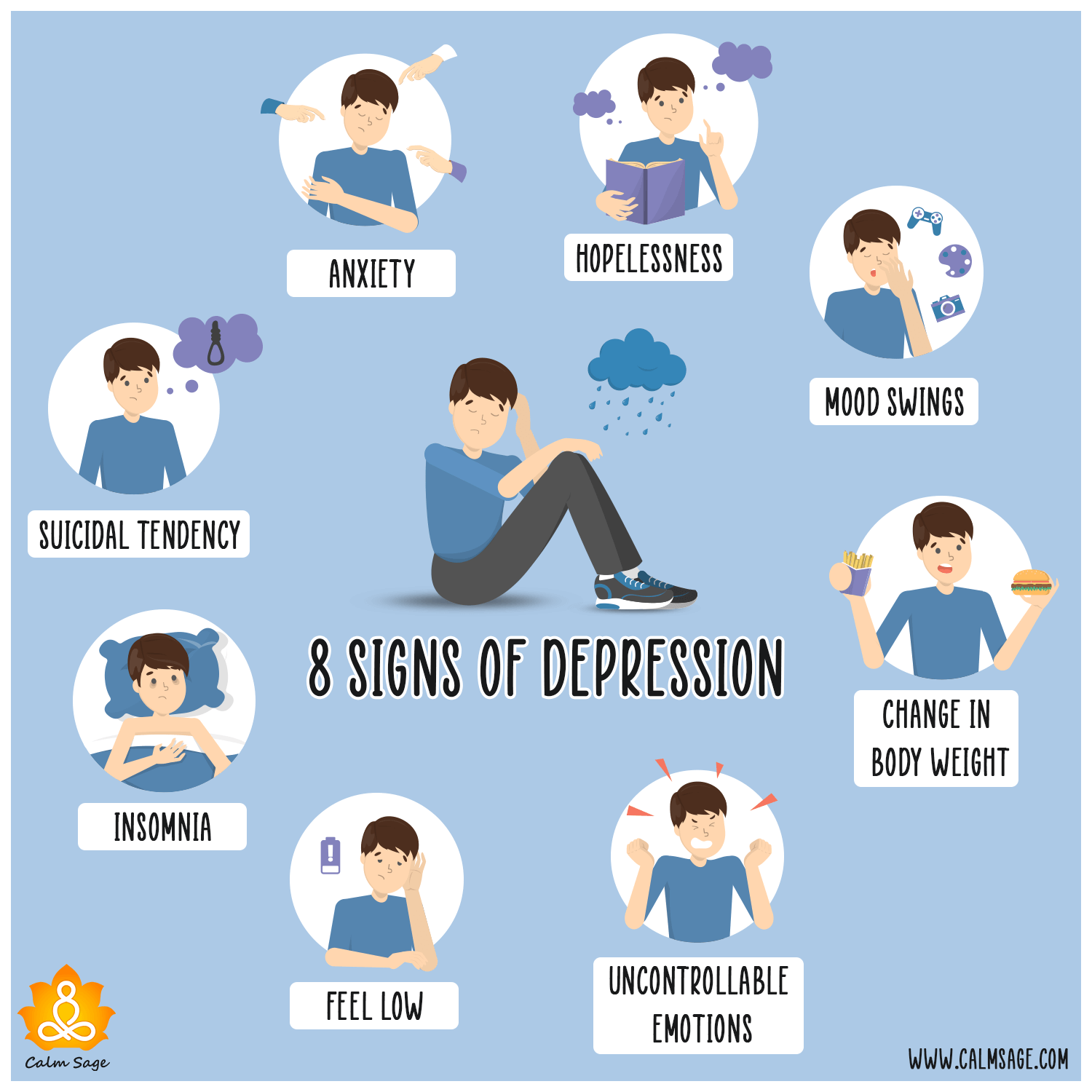 Chronic stress can wear down the body's natural defenses ,leading to a variety of physical symptoms, including the following :
Chronic stress can wear down the body's natural defenses ,leading to a variety of physical symptoms, including the following :
(1) Dizziness
(2) Headaches
(3) Muscle tension in neck, face,shoulders.
(4) problems sleeping
(5) Racing heart
(6)weight gain or loss

(7) upset stomach, diarrhea
(8) Sexual difficulties.
SYMPTOMS OF STRESS
(A) PHYSICAL SYMPTOMS : remember that stress is an individual experience and that symptoms are too. Signs of disease should not be ignored just because you believe they are stress-related.
(a) chest pain
(b) pounding heart
(c) high blood pressure
(d) skin problems
(e) Indigestion
(2) PSYCHOLOGICAL SYMPTOMS :
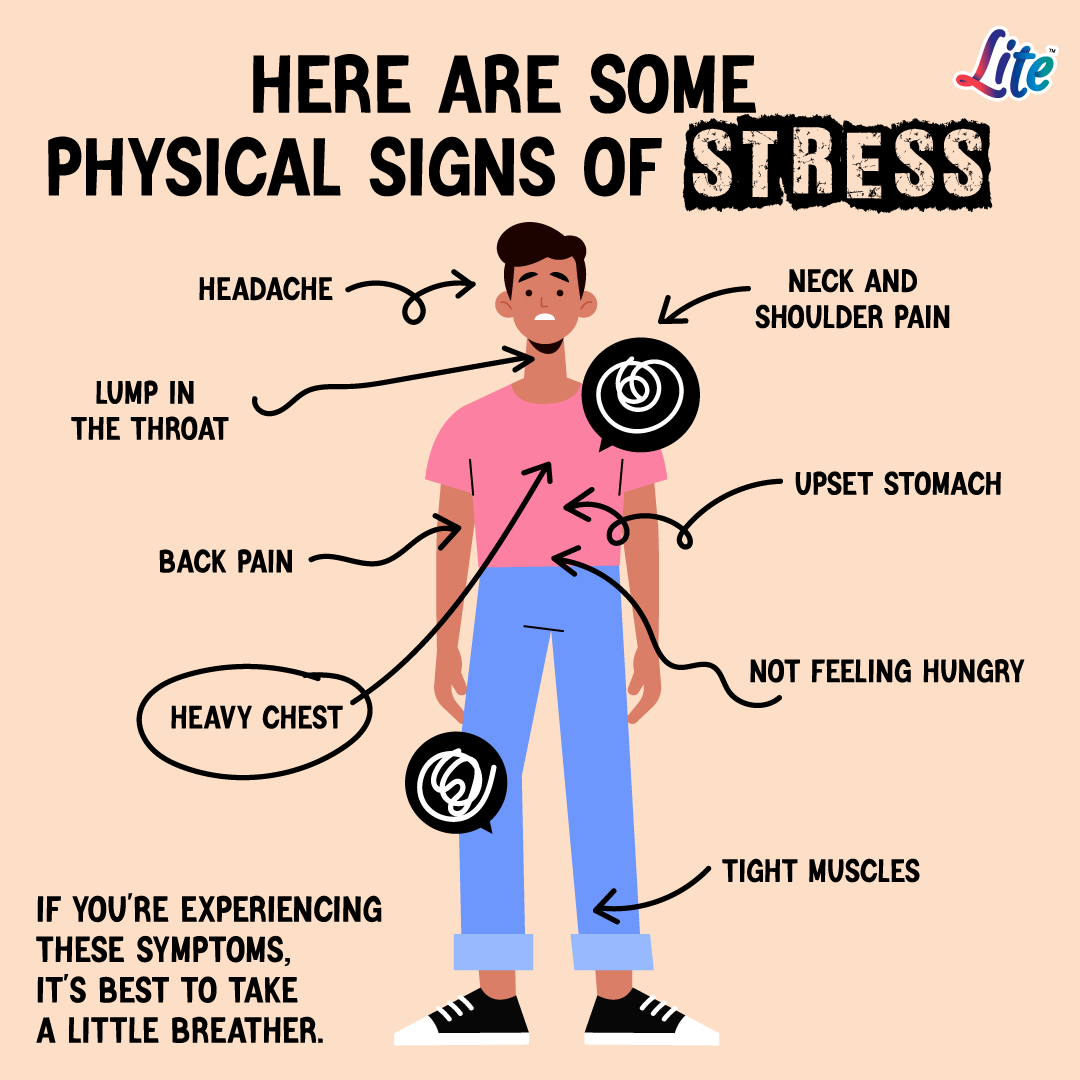
if these effects of stress are interfering with your daily life consult your doctor for advice.
(a) sadness
(b) depression
(c) crying
(d) job dissatisfaction
(e) changes in close relationship
(f) Increased smoking
(g) Overeating or anorexia
(3) EMOTIONAL SYMPTOMS :
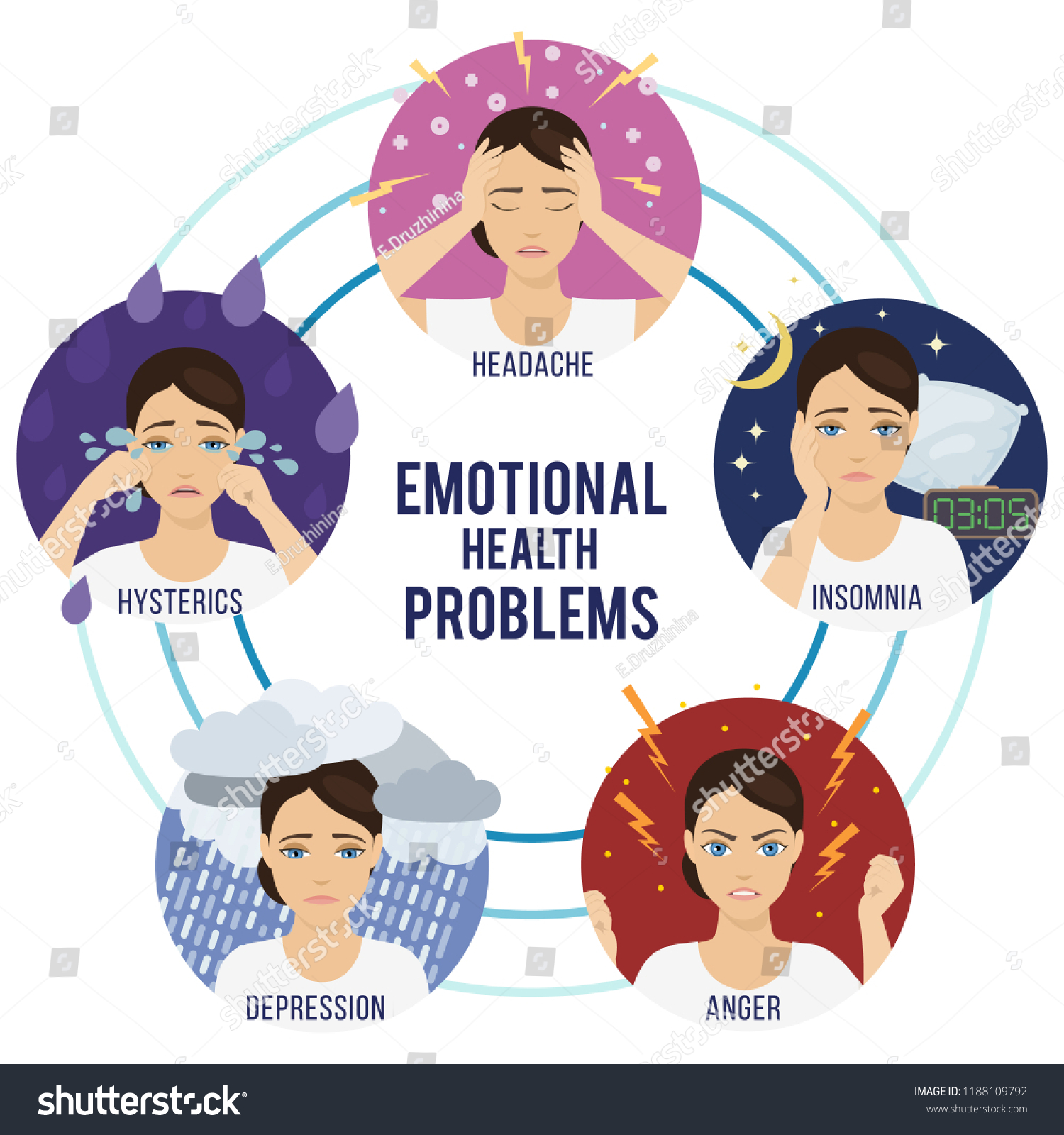
(a) depression
(b) anxiety
(c) Irritability
(d) Low sex drive
(e) Mood swings
(f) memory and concentration problems.....
TIPS FOR REDUCING STRESS
people can learn to manage stress and lead happier, healthier lives, You may want to begin with the following tips:
(1) keep a positive attitude.
(2) Accept that there are events that you cannot control.
(3) Be assertive instead of Aggressive ,Feelings, Opinions,or beliefs instead of becoming angry, defensive, or passive
(4) meditation,yoga,tai-chi

(5) Exercise regularly
(6) Eat healthy
(7) learn to manage your time more effectively
(8) make time for hobbies and interests
(9) don't rely on Alcohol, drugs.
(10) seek out social support. Spend enough time with those you loveg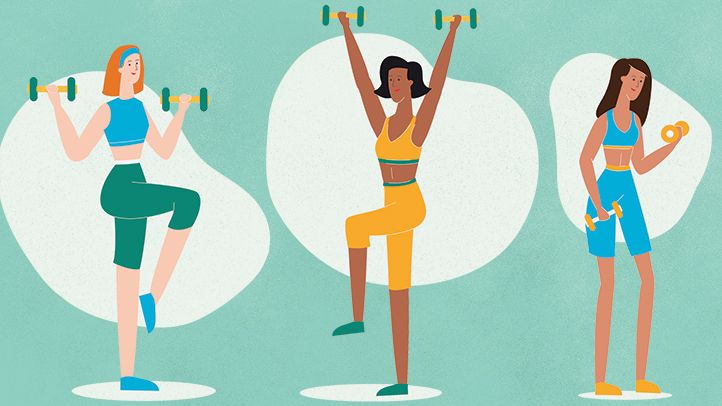



You must be logged in to post a comment.